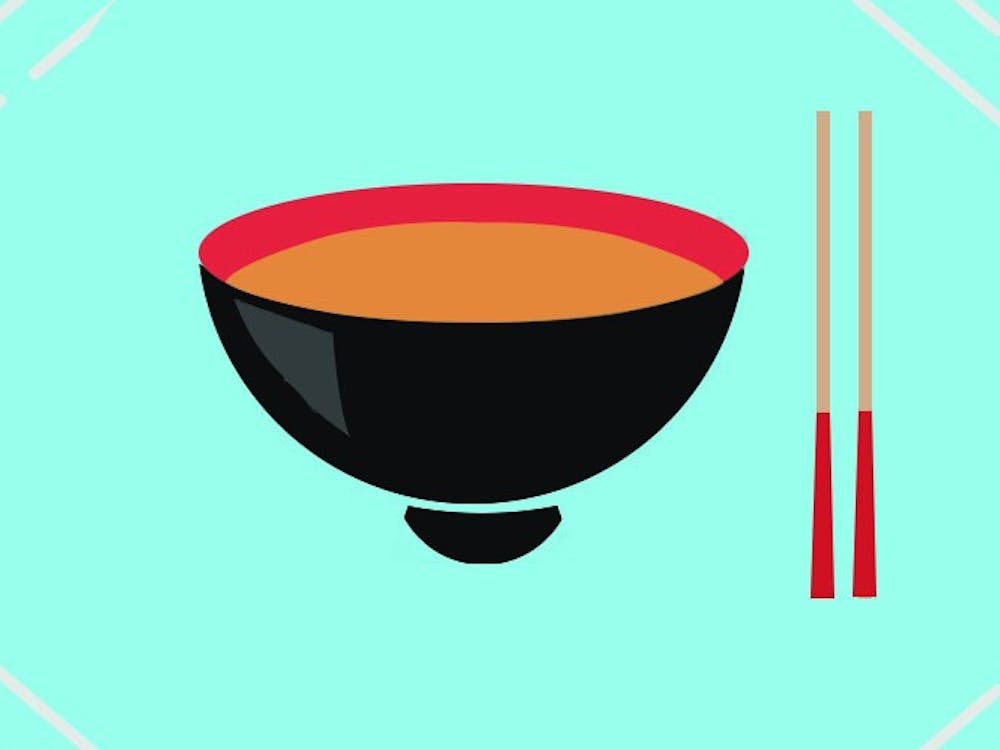Letter from the Editor: In response to ELE postdoc Shkel
Marcia BrownJournalists must approach everything with skepticism – that’s our job. In every story – including this one – we strive to fairly report the facts. Our reporter worked with integrity, and I stand by that reporting.








